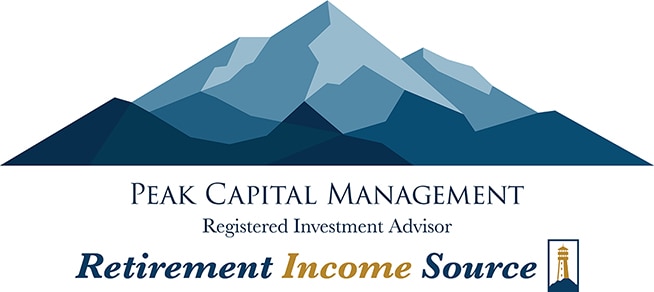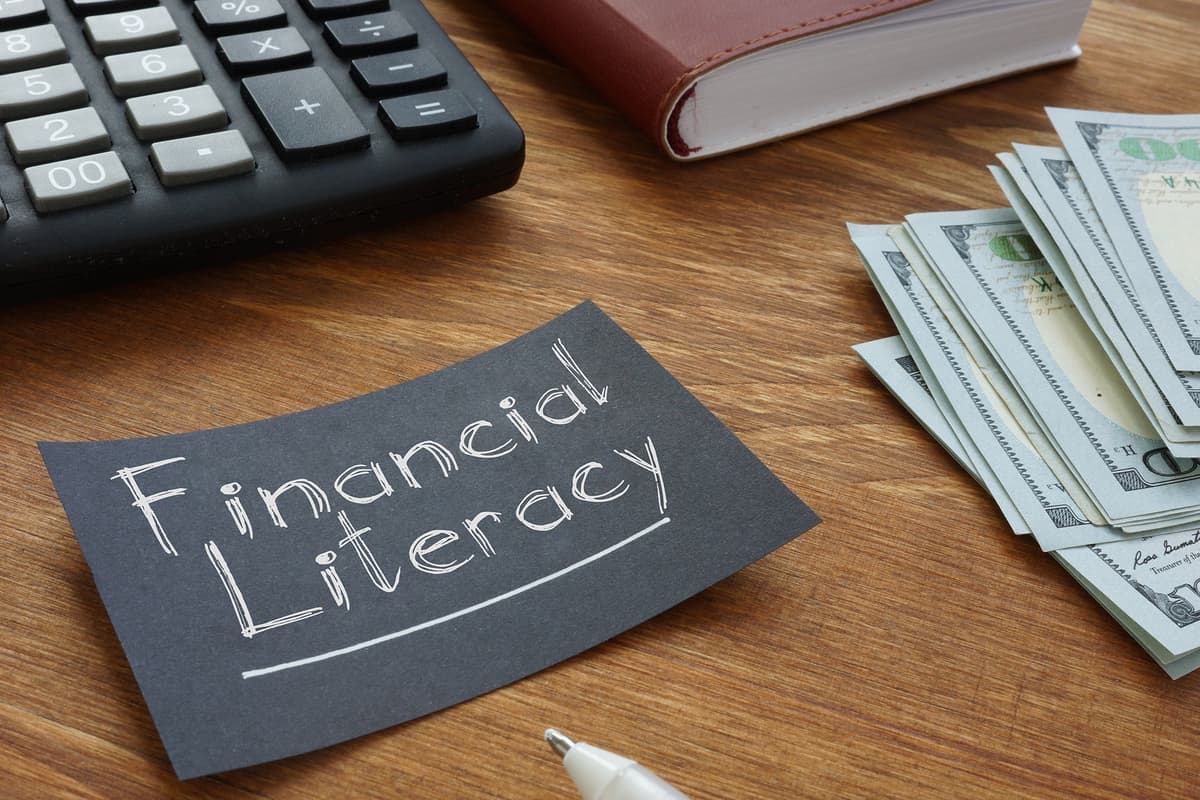First, let’s start with a few sobering financial literacy facts:
- Over 50% of Americans live paycheck to paycheck1
- 20% of Americans don’t save any of their annual income for retirement2
- Americans hold over $1 trillion in credit card debt with an average interest rate of 17.89% for new cards and 14.52% on existing cards3
Financial knowledge doesn’t happen overnight; it’s a life-long process. The ability to understand how to make sound financial choices so you can confidently manage, help protect, and try to grow your money is important for everyone. For those at or near retirement, financial literacy is essential, and the effects of not being educated when it comes to your finances are detrimental.
The importance of being financially literate may mean different things to all of us. However, at its core is the ability to allocate your income toward various goals simultaneously – beyond recurring expenses and to retirement savings, paying off debt, and boosting a rainy-day fund.
The pandemic has caused many to reflect on their financial situation and look closely at their financial habits. According to a recent poll conducted by the National Endowment for Financial Education, 88% of Americans say the COVID-19 crisis is causing stress in their personal finances. If you lost your job, as many near-retirees have, the stress is exponentially higher. 4
These obstacles create an opportunity for all of us to improve our financial literacy. The greatest generation of savers this country has ever seen was a product of the Great Depression. This is no coincidence. The Great Depression helped shape that generation’s perspective on money. It created a desire for greater financial security and a desire for financial literacy.
Are You Financially Literate?
Financial literacy is the ability to make informed judgments and effective decisions regarding the use and management of money. It is all about financial awareness and financial knowledge.
The pillars of personal financial literacy include:
- Budgeting — Creating a budget and living within your means is one of the most basic aspects of staying on top of your finances. Effective budgeting promotes accountability and increases one’s awareness of spending patterns, thus minimizing excessive or unnecessary spending.
- Saving — Saving is one of the most important aspects of maintaining a healthy financial situation. Buying a house, traveling, starting a family – most of the lofty goals Americans have in life involve big financial purchases. However, accomplishing these goals becomes much more difficult without saving.
- Investing — Successful investing requires learning how to make your resources work for you to achieve your financial goals. To invest effectively, you must understand the ways to invest (e.g.: stocks, bonds, commodities), the inherent risk/reward, and the importance of diversification. Financial literacy is paramount when it comes to retirement planning.
- Understanding Credit/Managing Debt — Effectively managing debt is as crucial to establishing a good credit score as understanding the difference between good and bad debt.
- Paying Bills — Although seemingly rudimentary, it’s important to have a routine established to pay your bills and pay them on time.
Ideally, financial principles are developed in the home, taught in the classroom, and practiced throughout life. Yet few states offer classroom instruction on basic financial knowledge.
How do you become financially literate? That’s a great question, but it doesn’t have a magic solution. Financial literacy isn’t something that happens overnight. Lifelong learning, building upon a foundation, and expanding our knowledge base is fundamental.

